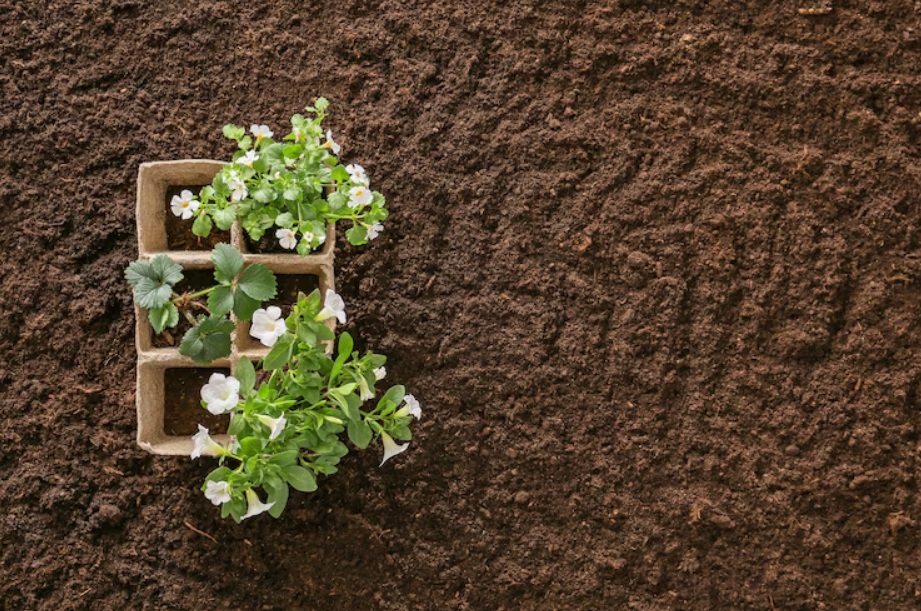Taking care of your garden is more than just watering your plants regularly. It’s also about understanding and maintaining the quality of the soil where your plants grow. In Kenmore, ensuring that your garden has healthy soil is vital for the success of your plants. Healthy soil provides the necessary nutrients and support for plants to thrive. Testing your garden’s soil quality is the first step towards achieving a flourishing garden.
Gardeners often wonder how they can tell if their soil is in good condition. The answer lies in paying attention to certain indicators and conducting simple tests. This process helps you identify areas that may need improvement, ensuring that your plants get the best possible start. By taking a closer look at your soil, you can improve plant growth and establish a thriving garden.
Why Soil Quality Matters
Soil quality affects multiple aspects of plant health and growth. Quality soil provides essential nutrients and a suitable environment for roots to develop. It also helps with water retention, ensuring that plants have sufficient moisture without becoming waterlogged. Poor soil can lead to stunted growth, disease susceptibility, and even plant death.
Long-term benefits of good soil management include healthier plants and reduced need for synthetic fertilizers and pesticides. High-quality soil can support diverse plant life, increasing the resilience of your garden. By regularly assessing and improving your soil, you can create a sustainable garden that requires less maintenance and enjoys greater productivity.
Signs of Poor Soil Quality
Detecting poor soil quality is easier when you know what to look for. Here are some common signs:
– Compaction: Compacted soil is hard and dense, making it difficult for roots to grow.
– Poor Drainage: Water pooling on your garden surface indicates poor drainage.
– Lack of Nutrients: Yellowing leaves or stunted growth may suggest nutrient deficiencies.
– Crusty Surface: A hard, crusty top layer means poor soil aeration and moisture retention.
Addressing these indicators helps create a better environment for your plants. In Kenmore, addressing soil quality issues early can significantly enhance your garden’s productivity and health.
How to Test Your Garden Soil
Testing your garden soil doesn’t have to be a complicated task. There are several simple methods to identify the current state of your soil. An easy way is to perform a basic pH test. You can buy a soil pH tester from a local gardening store. Simply follow the instructions on the tester to find out if your soil is too acidic or alkaline. Knowing this will help you choose the right amendments to create a balanced environment for your plants.
Another method involves checking the soil’s texture and drainage capabilities. Take a handful of damp soil and squeeze it. If it crumbles easily, it’s likely well-draining, which is typically a good sign. Sticky or compacted soil might mean poor drainage, which can suffocate plant roots and limit growth. If you’re unsure about the results of home testing or if your soil problems persist, it might be a good idea to have professionals conduct a more comprehensive soil analysis. They can provide detailed insights and recommend specific treatments tailored to the soil conditions in Kenmore.
Improving Soil Quality
Once you’ve identified issues with your soil, it’s time to take action. Improving soil quality involves enhancing its structure, nutrient content, and ability to retain moisture. One of the most effective ways to do this is by adding organic matter such as compost or aged manure. These materials enrich the soil by providing essential nutrients and improving its overall texture. They also help increase microbial activity, which is vital for a healthy soil ecosystem.
Topsoil is another option to consider, especially if you need to improve a specific area of your garden. High-quality topsoil can introduce necessary nutrients and improve drainage. Mixing topsoil with your existing soil helps redistribute nutrients evenly throughout your garden bed. Finally, consider using natural fertilizers to provide plants with additional nutrients. Balanced fertilizers can correct deficiencies and boost plant growth.
Ensuring Long-Term Soil Health
Maintaining healthy soil is an ongoing process. Regularly checking soil conditions, aerating, and adjusting amendments can keep your garden thriving. Mulching is an excellent practice that protects the soil surface, retains moisture, and suppresses weeds. Organic mulches, like wood chips or straw, enrich the soil as they decompose.
Cover crops are another strategy to consider for improving long-term soil health. They help prevent erosion, improve soil structure, and add nutrients. Plants like clover and vetch can be grown during the off-season and tilled into the soil to enhance its quality. By integrating these practices, you can keep your garden healthy and productive, ensuring that your plants always have the best environment to grow in.
Choosing the Right Topsoil and Materials
Selecting the right topsoil for your garden is crucial to achieving better growth results. When looking for topsoil in Kenmore, consider factors like texture, nutrient content, and drainage capabilities. The best topsoil will be free from debris and pests and offer a balanced mix of sand, silt, and clay. It should be rich in organic matter, which will help improve soil fertility and promote robust plant growth.
Furthermore, using quality materials to amend your soil can make a big difference. Evaluating your specific garden needs will guide you in choosing the right products. Ensuring you have the right mix of elements can turn your garden into a flourishing haven. Investing in quality soil and materials not only boosts your garden’s health but also saves you time and effort in the long run, allowing you to enjoy a vibrant and thriving outdoor space.
Upgrade your garden with quality topsoil in Kenmore to see improvement in plant growth and soil health. Northwest Landscape Supply understands the value of investing in the right materials for long-lasting garden success, and our professionals are ready to support you as you work to enhance your garden’s environment. For a quick estimate or to book a service visit, please contact us today.

